AARP Hearing Center


My granddaughter was 6 months old when her parents introduced “baby-led weaning.” My daughter and son-in-law placed pieces of finely chopped food on Annie’s high chair tray. The idea was to allow her to explore different tastes and textures, while learning how to eat by herself safely.
Frankly, I was appalled. When I was a young mom, I spoon-fed jars of baby food into my 6-month-old’s mouth. Annie didn’t even have teeth yet! Her parents were giving her adult food, too, albeit in tiny or pureed portions.
As a grandmother, I’ve struggled to keep my mouth shut on multiple occasions. I failed on this one. I thought it was foolish and said so. My daughter assured me that she was following her pediatrician’s guidance. Sure enough, at 2½, Annie is an adventurous eater with a varied, healthy diet.
I should have known better. After all, I’m a proud graduate of a two-hour virtual grandparenting class given through the Perinatal Education Program at Lucile Packard Children’s Hospital in Stanford, California. Classes for new grandparents are popping up around the country. Most share the same origin: New parents in baby groups begged instructors to educate grandparents about how things have changed since they raised children. “We realized that getting everyone on the same page would definitely help,” says Packard’s community relations manager, Nancy Sanchez.
The reality is that standards of baby care have evolved over the last generation, and the more informed you are, the easier it will be to navigate a relationship with the new parents.



























































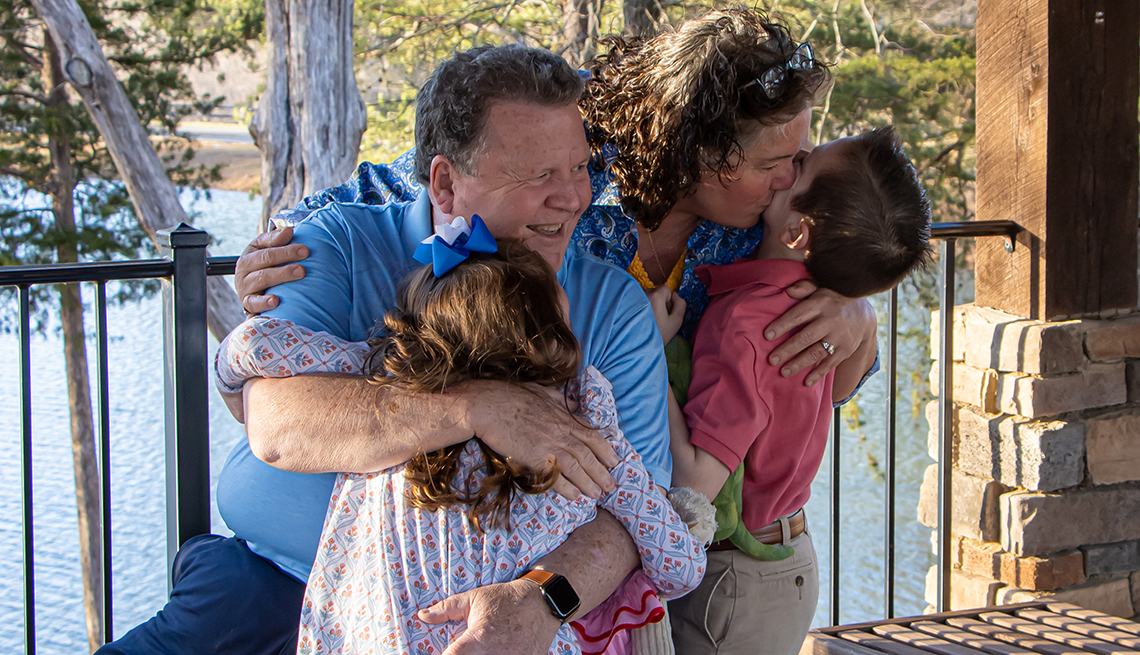

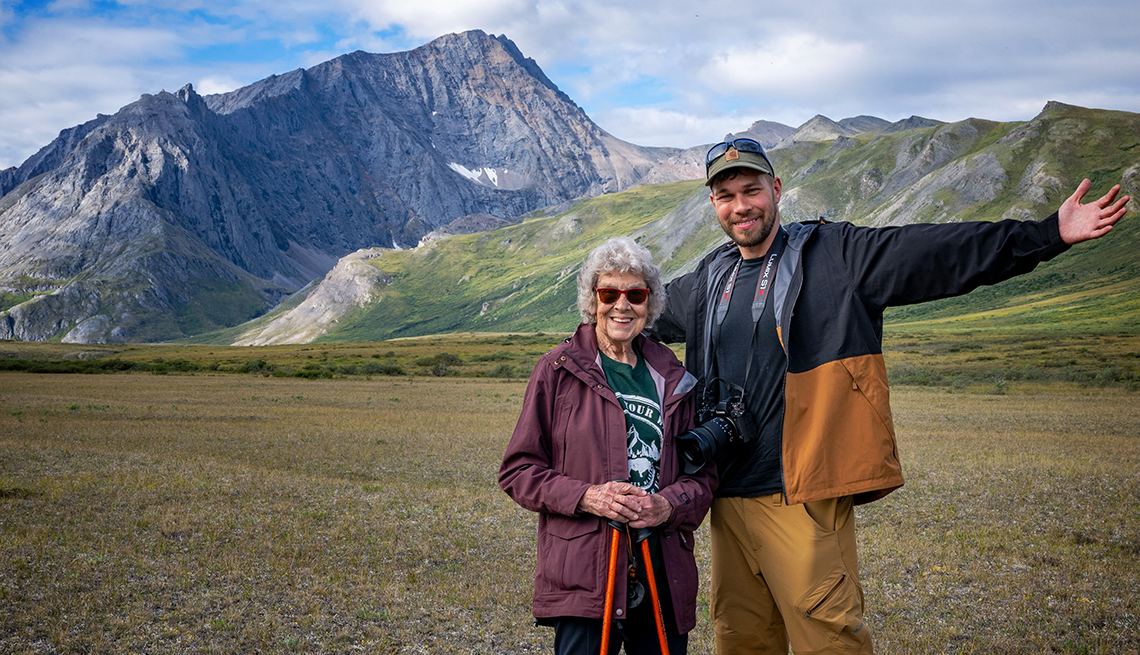
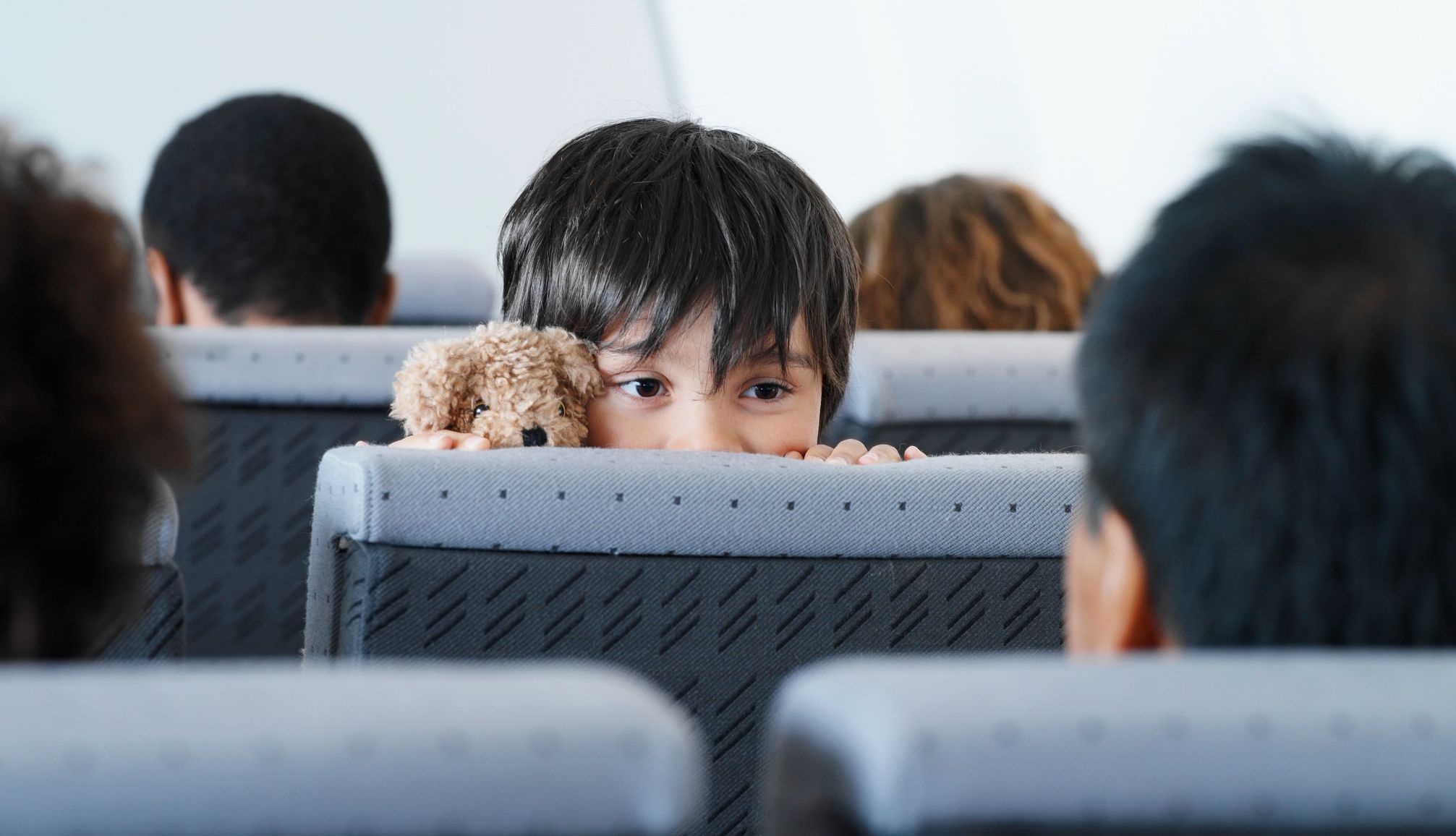
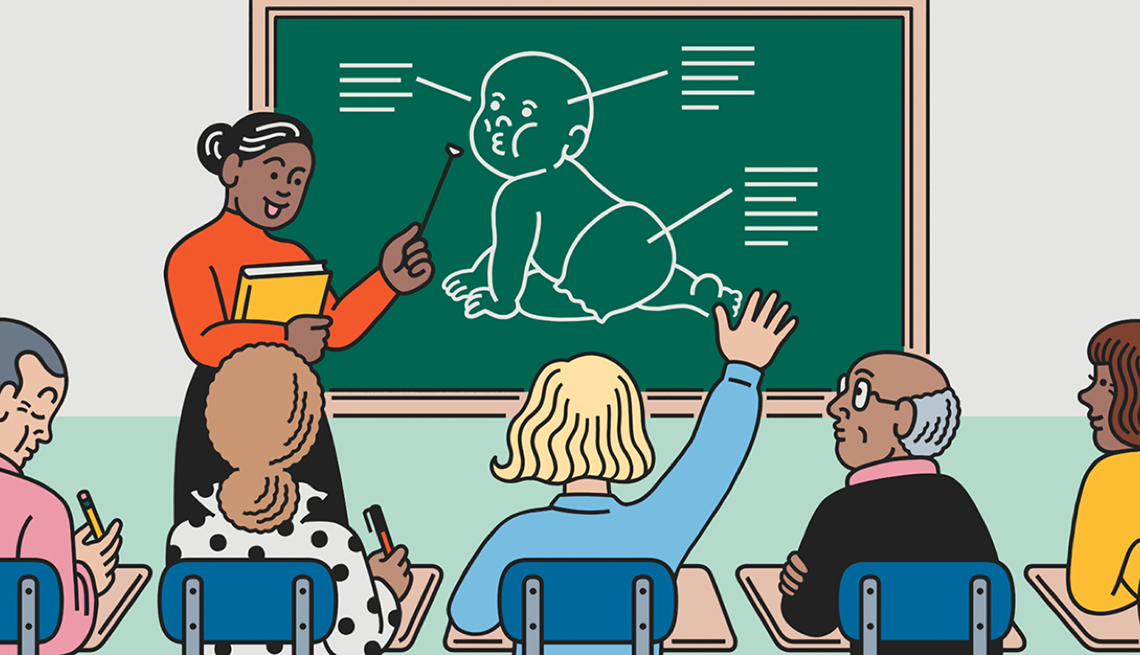
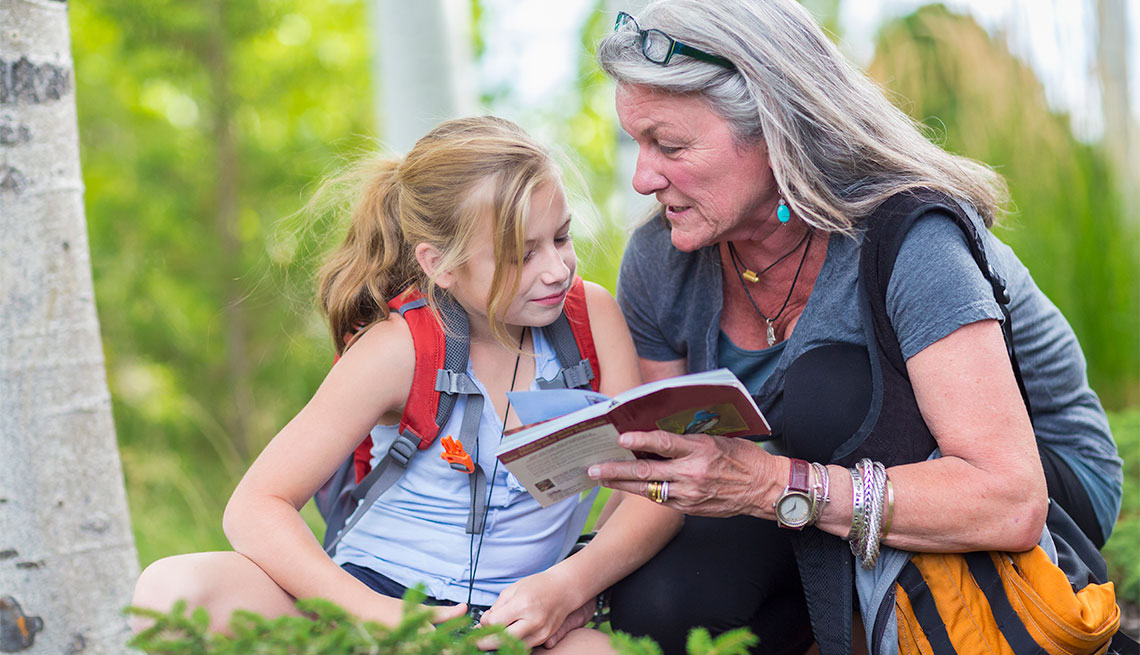
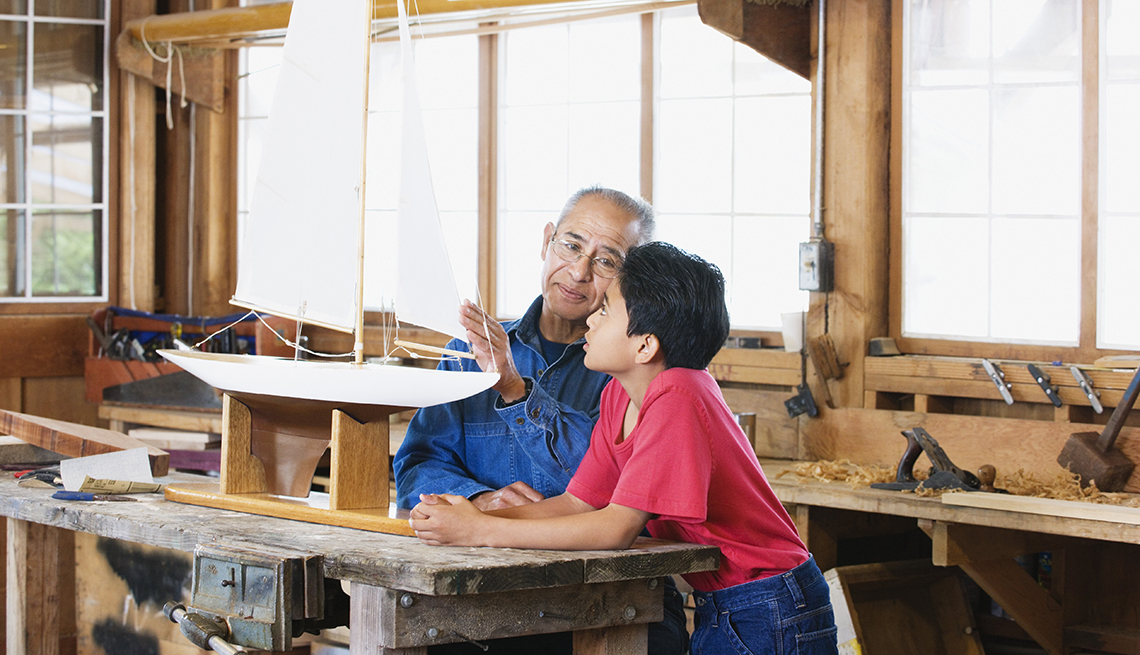
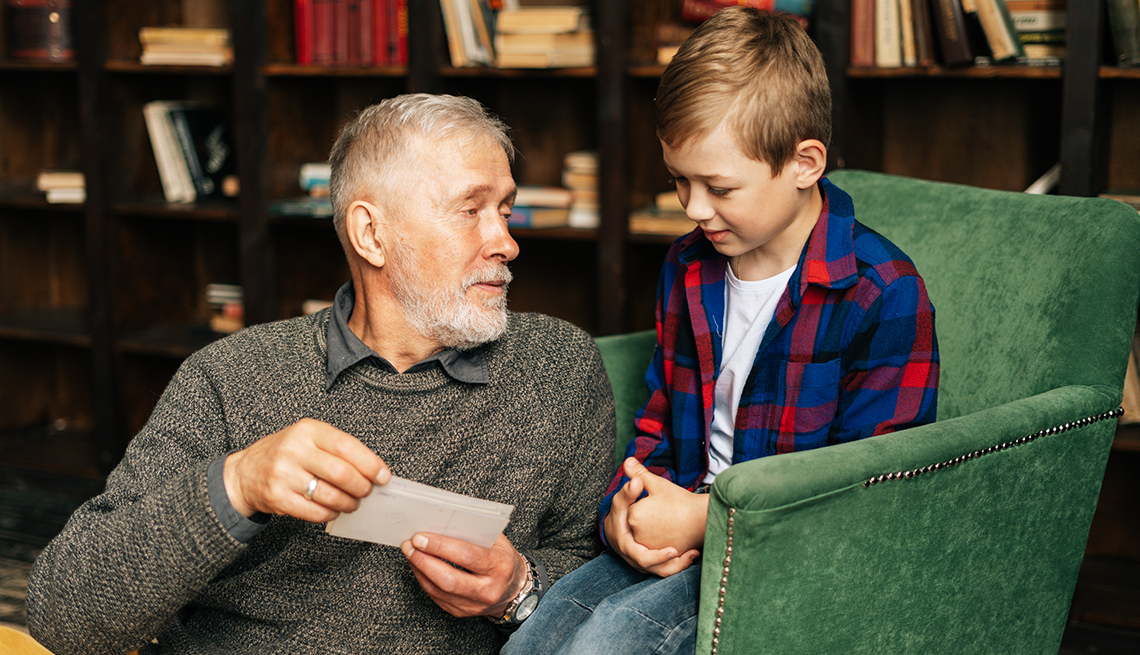

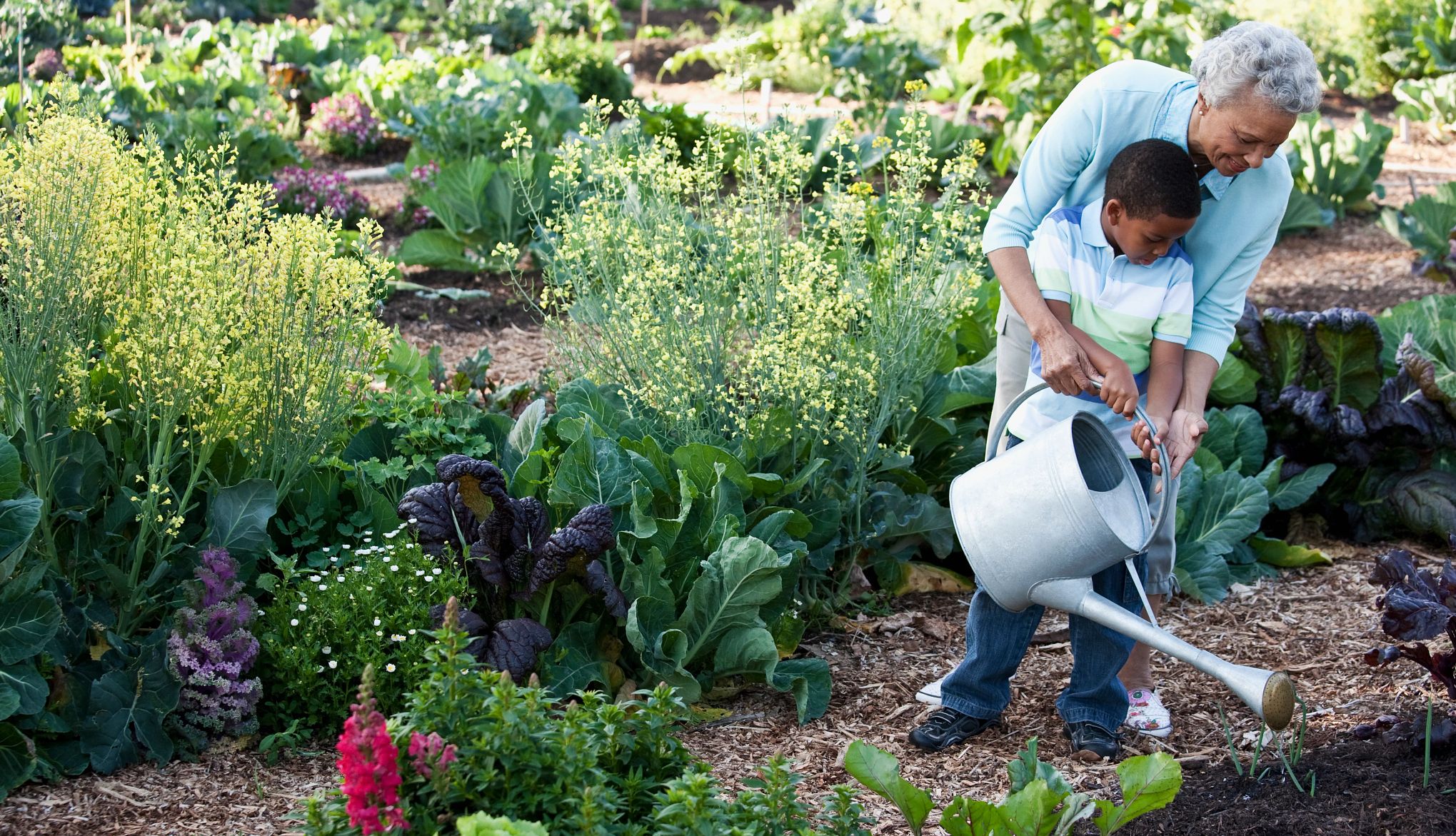

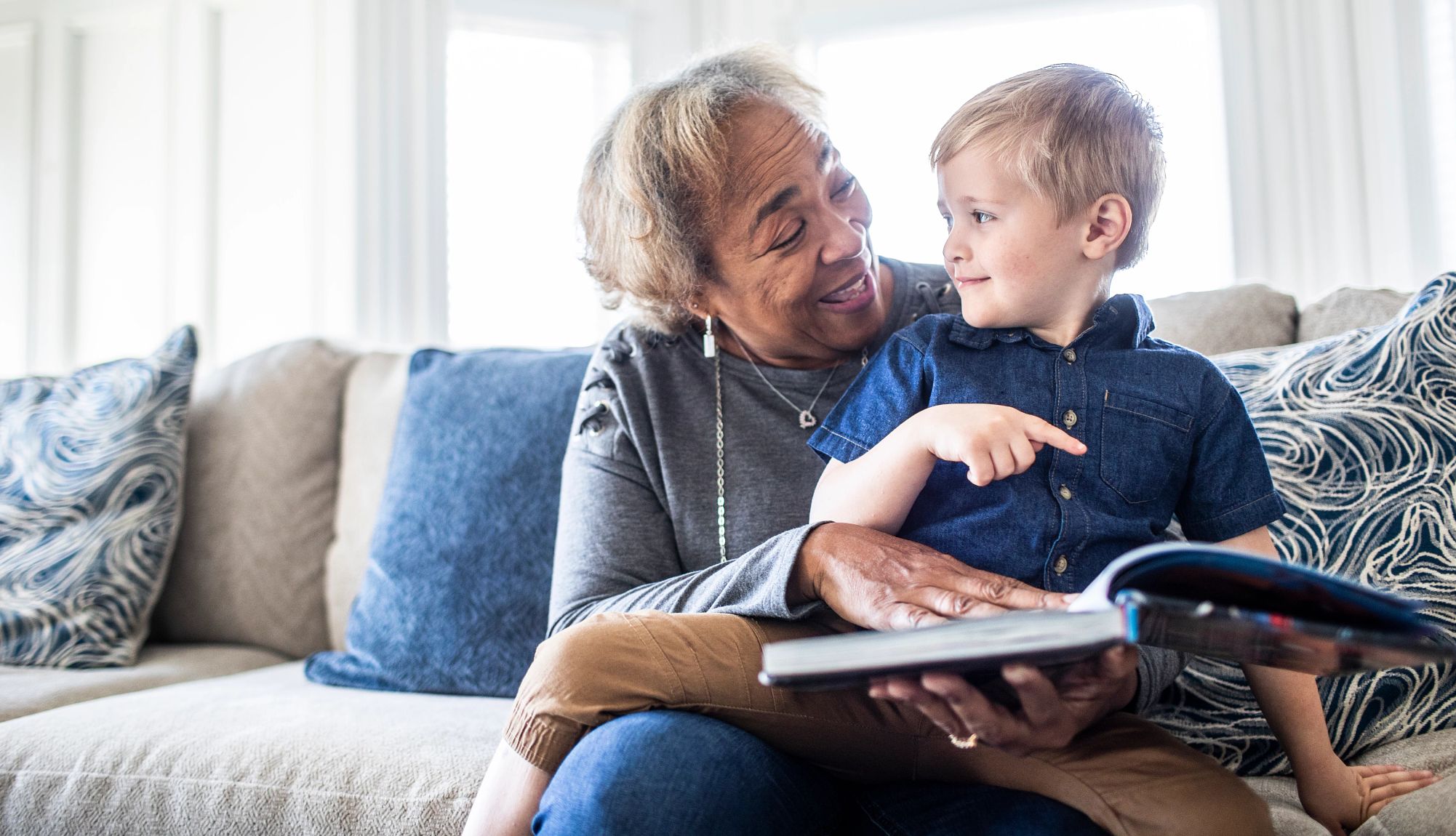




More From AARP
A Guide to Grandparenting
What role do grandparents have in their grandchildren’s lives, and how can they relate to and care for grandchildren? Find out with AARP's grandparent resources
25 Ways to Find a Greater Sense of Purpose
Use our topical advice to elevate your curiosity, plan your third act and expand your horizons10 Ways to Get Grandchildren Interested in Traditional Hobbies
From respecting your kids’ parenting style to practicing online safety, here’s what you need to know
Recommended for You